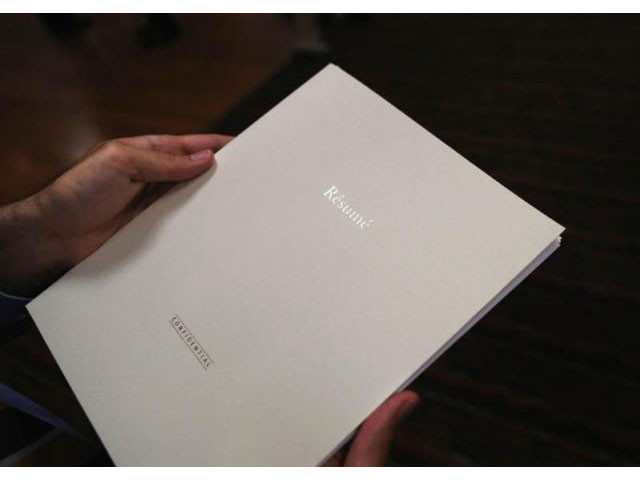One word that kills your credibility instantly
Find out here

Find out here. PHOTO: AFP
And the word is 'actually.'
From the point of view of an experienced listener, 'actually' seems a dead giveaway of an area which calls for further investigation, and may even point to a deception.
When this word is used properly, it may mean that one is comparing two thoughts and providing an undue clarification.
For instance:
Query: "Did you go to the store for milk?"
Response: "Actually, I stopped at a gas station."
Here, it is understandable to observe why someone may use the word. While the original question suggests you went to the store, but you may not think that a gas station is really a store. Within your mind, you are making a comparison and justifying the decision to stop by a gas station and not a grocery store.
While in a business setting, extra words used in a sales environment or investor pitch seem unnecessary. They subconsciously invite listeners to ask if there was more information that needs to be spoken.
A common example here describes how this takes place in a sales environment:
Query: "How many customers are using the platform?"
Response: "We actually have over 100 companies."
As obvious the word 'actually' isn't important here, and in fact evokes curiosity in the listener as to why the word was added.
During an interview, a customer may use the word in order to please the person asking the question:
Query: "Do you use this product?"
Response: "Actually, I have."
To an experienced interviewer, this answer would mean, "No, I have never used it" or let's say "I used it once and it didn't do what I expected or needed."
The key to perfecting your pitch requires attention to your words and and omitting anything that distracts the listener from your original message. As a listener, focusing on the word "actually" can give you an insight into the subconscious of the speaker and provide a competitive edge.
This article first appeared on Time



















COMMENTS
Comments are moderated and generally will be posted if they are on-topic and not abusive.
For more information, please see our Comments FAQ